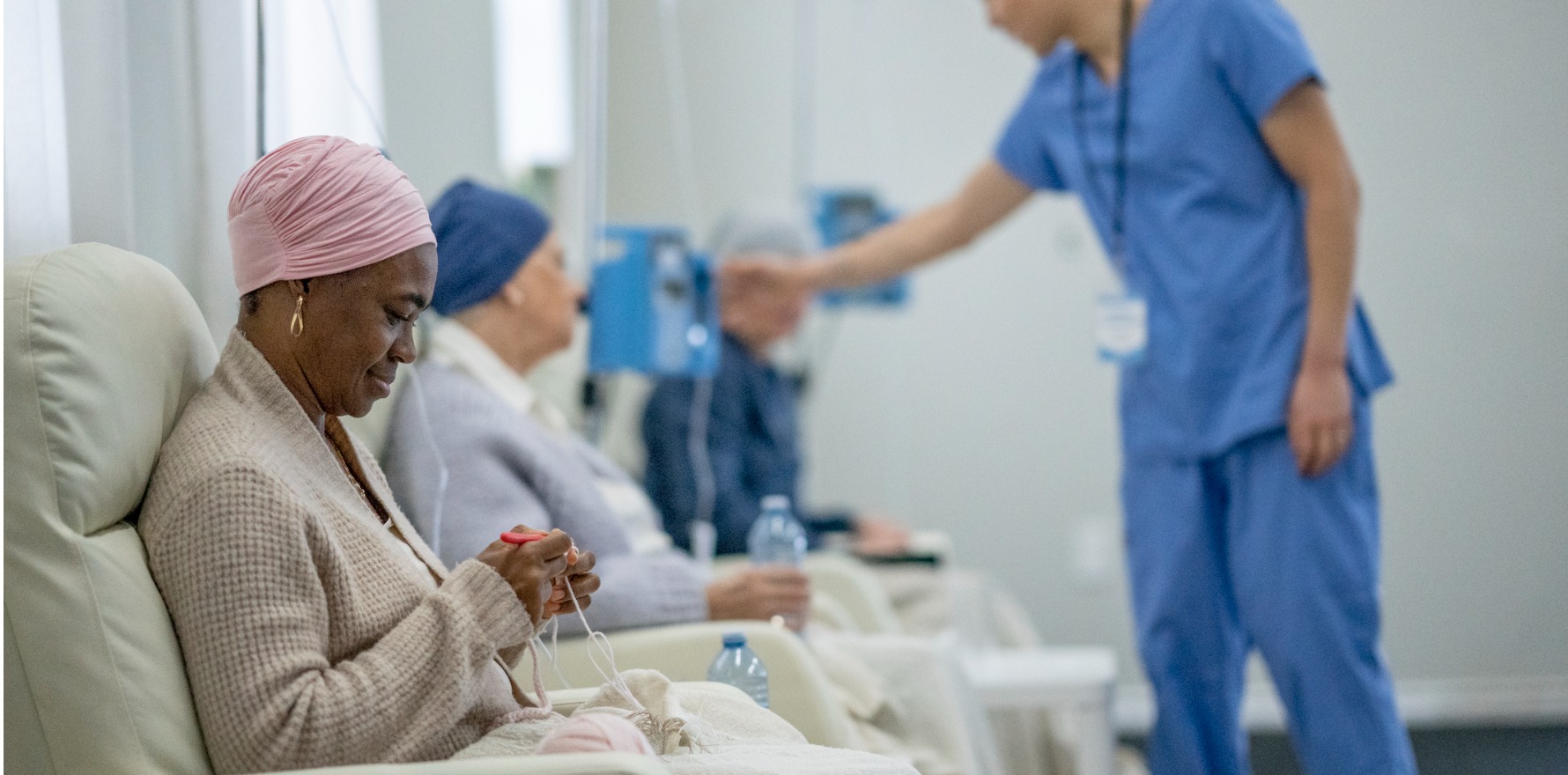The federal government negotiated with the manufacturer of DFMO to provide the treatment for free in major Australian hospitals.
Rare Cancers Australia has welcomed news that children and young adults with high-risk neuroblastoma will have free access to difluoromethylornithine.
Under the new funding arrangement, DFMO will be provided to eligible patients at major Australian hospitals, health minister Mark Butler said in a statement this week.
Rare Cancers Australia CEO Christine Cockburn said the announcement was fantastic news. Previously patients had been forced to travel to the US to access the treatment, estimated to cost about $500,000.
Some patients have missed out on the treatment due to the cost or being too sick to travel, while families have been forced to take extreme lengths to raise the money.
“We’ve been supporting patients traveling overseas to access that therapy for at least six years,” she told Oncology Republic.
“It’s absolutely heartbreaking and unacceptable when there’s a therapy that’s available and just by virtue of geography and family means [lack of finances] it’s not for you. That’s not the way that Australia works.
“And it’s really good to see the minister has recognised that this small number of children will go on to have happy, healthy lives because they [the government] did what they had to do.”
The fully Commonwealth-funded scheme can begin as soon as the committees of major public hospitals approve the administration of DFMO in their hospitals.
The one-off funding will remove the financial barriers to DFMO access while the company’s compassionate access scheme is established and its application is considered by the Therapeutic Goods Administration.
“We understand that DFMO offers the only hope to some patients who are desperately ill from neuroblastoma,” said Mr Butler.
“This one-off funding ensures that they can get this new and promising treatment, without the huge price tag, while proper approval processes are followed.
“I am delighted that the company sponsoring the medicine for use in Australia is also looking to establish a compassionate access scheme to provide DFMO to those patients in need.”
Related
About 20 Australian children are diagnosed annually with high-risk neuroblastoma, which is a cancer which affects the nervous system and is most common in children and babies under five years.
DFMO was approved by US Food and Drug Administration in December 2023.
Following negotiations with DFMO manufacturer Norgine, the federal government has secured an undertaking that the company would make DFMO available to Australian patients for free, while it pursued the necessary approvals for a PBS listing.
Until Norgine establishes its compassionate access scheme, the Albanese Government will provide funding to ensure that major paediatric hospitals across Australia can provide DFMO to every Australian child with high-risk neuroblastoma, said Mr Butler.
Ms Cockburn said the treatment had shown remarkable outcomes in stopping the disease in its tracks – and this had led many families to extreme lengths to access it overseas, even selling almost everything they owned.
“People sell, they remortgage, they tap into superannuation, and they fundraise through crowdfunding,” she said.
“Asking for money is not a happy place for most people – you have to leave your pride and your privacy at the door. But people will do what they have to do to stop this nasty disease from coming back, which is everything a parent could possibly want.”
She said it was particularly encouraging to see the government go out on a limb for such a small group of patients.
“It’s really encouraging to see that the minister puts the lives of these children and the experiences of the families above the challenges the system has with small populations,” she said.
“We’re really happy to see that where there’s a will, there’s a way, and it does result in good outcomes.”




